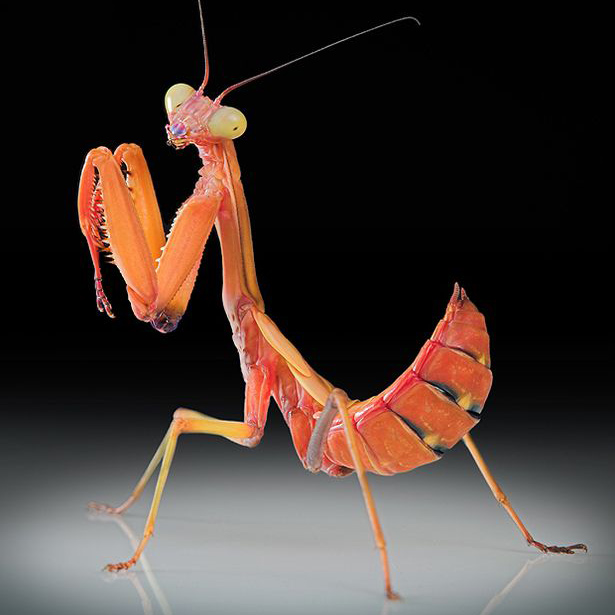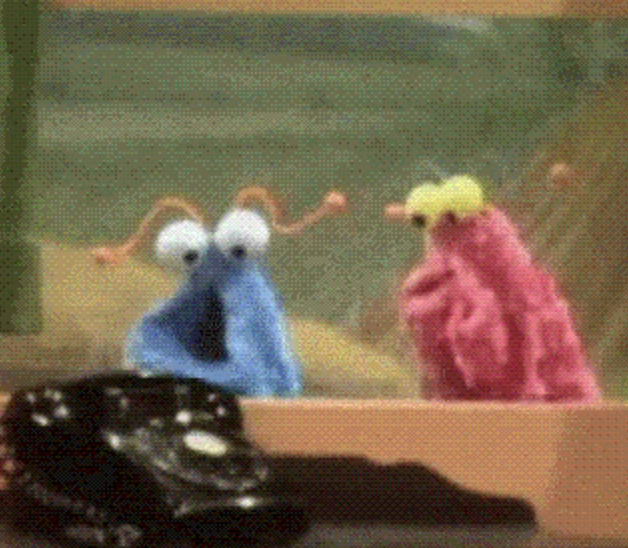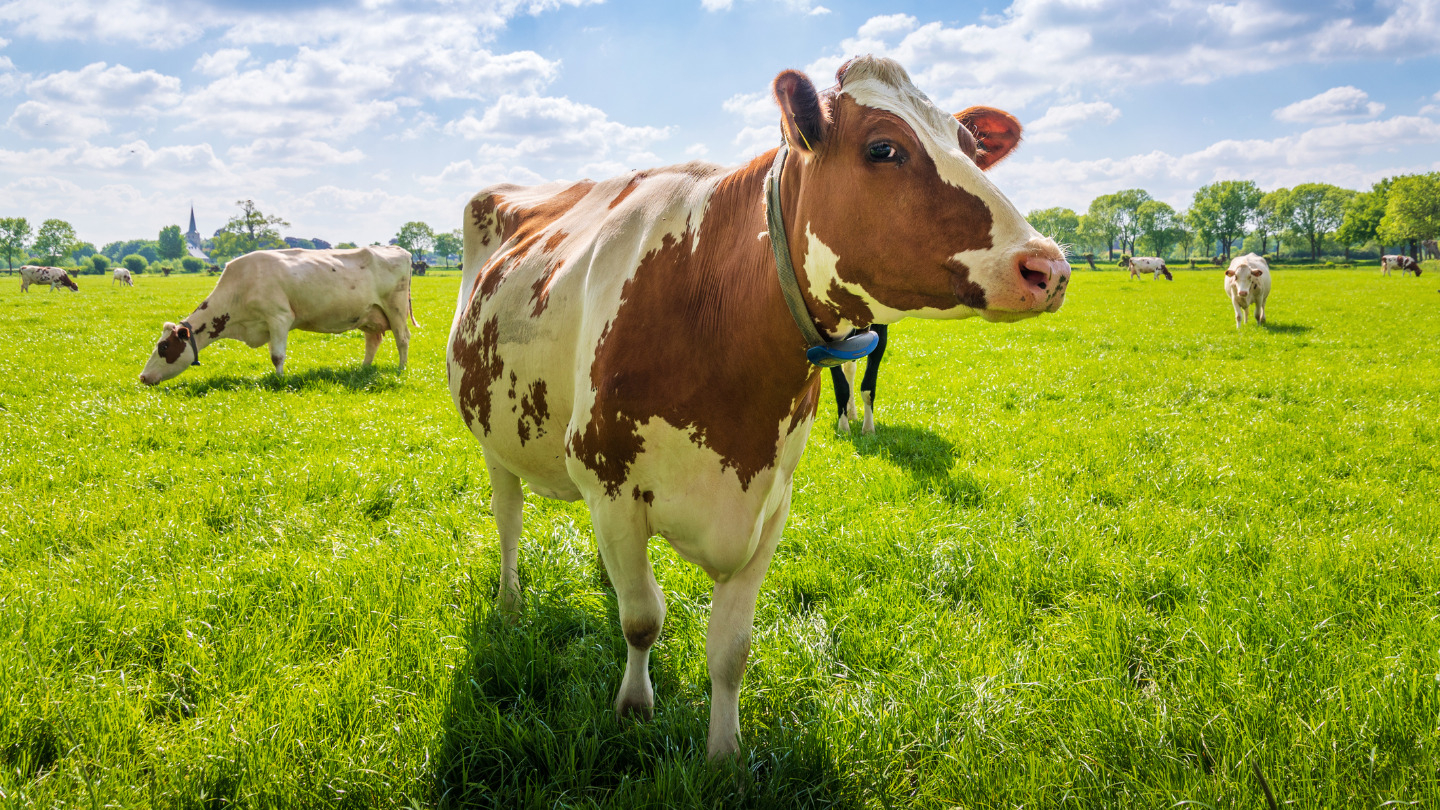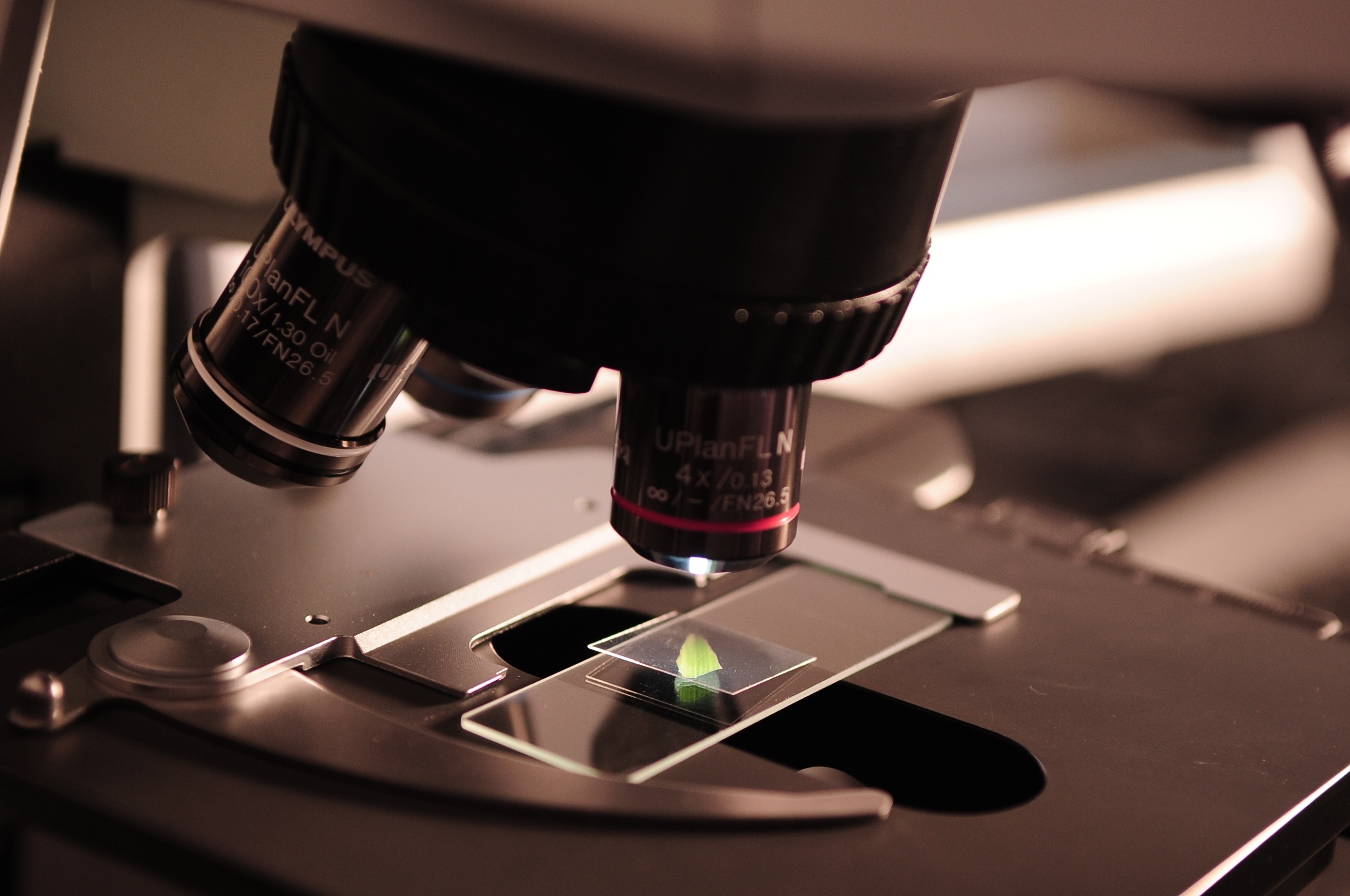Adding a type of methane-inhibiting red algae directly to cow feces cut down methane emission from the poop by about 44 percent, researchers report.

This has been known for at least a decade now, and no changes have been made. I’ve even seen estimates on how little it would cost to modify the feed, and it’s negligible, but any extra cost is too much cost I suppose.

That’s why carbon pricing is such an interesting tool. Make the desired option the cheaper option and it will be adopted.

Of course we could stop factory farming. Should, even.

Lab grown meat literally can’t get here fast enough.

Just eat pork or poultry. It’s cattle specifically that super bad for the environment. Pretty much all other options are better.
I was thinking that fish and seafood would be good alternative to.

@readbeanicecream I think the economy is largely going to make the decision. Lab-grown meats are going to get better and cheaper until most feedlot meat can’t compete anymore. You’ll still have the aspirational meats, but it will still be debatable whether they’re worth the extra money other than bragging rights.

oh come on, instead of going against billionaire jets this is what we are doing? covering poops?

Believe it or not, it’s a laudable goal. Cow feces is responsible for about 40% (yes, really) of methane production worldwide, and methane is several times more impactful as a greenhouse gas than carbon dioxide. I called bullshit (heh) the first time I heard these stats, too, but they’re real.


